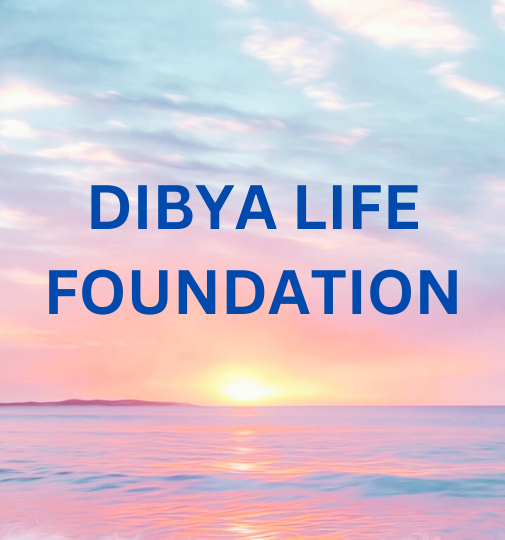
Positive Mental Health: Some facts
In the Indian life, where ancient traditions intertwine with modern aspirations, positive mental well-being flourishes through a unique set of practices. Intergenerational family structures, often encompassing extended kin, provide a healthy social support system, fostering a sense of belonging and emotional security. The emphasis on seva, or selfless service, encourages individuals to find purpose and fulfilment beyond material gain, nurturing a spirit of resilience in the face of adversity.
Furthermore, India’s rich spiritual heritage offers a surfeit of tools for cultivating inner peace. Yogic practices like pranayama (breathwork) and meditation promote mindfulness and emotional regulation. Ancient philosophies like Ayurveda delve into the mind-body connection, emphasizing the importance of a balanced diet, adequate sleep, and connection with nature for optimal mental health.
However, the societal stigma surrounding mental illness remains a hurdle. Terms like “pagal” (crazy) carry a heavy weight, discouraging open conversations and hindering help-seeking behaviour. Additionally, the vastness of India creates a disparity in access to qualified mental health professionals, particularly in rural areas.
There’s a burgeoning movement, however, striving to bridge these gaps. Culturally sensitive mental health awareness campaigns are chipping away at the stigma. Telehealth and online resources are expanding access to support, particularly for younger generations. Nestled within the dynamic landscape of India, Dibya Life Foundation stands as a beacon of hope, working tirelessly to cultivate positive mental health and empower a society brimming with resilience. Recognizing the importance of emotional well-being, the foundation takes small but important various initiatives that address the specific needs of the Indian context. Their efforts likely encompass tackling the stigma surrounding mental illness. These campaigns might employ relatable local narratives and collaborate with respected community figures to chip away at the societal barriers that prevent people from seeking help.
Dibya Life Foundation’s dedication might extend to bridging the gap in mental health resources, particularly in remote areas. This could involve implementing innovative solutions like teletherapy services or training local healthcare workers in basic mental health interventions. By making support more accessible, the foundation empowers individuals to take charge of their well-being and build a more robust support system within their communities.
Furthermore, the foundation’s endeavours might encompass fostering a culture of mental well-being through educational programs. These programs could target different age groups, equipping them with the knowledge and tools to navigate life’s challenges and build emotional resilience. By promoting mindfulness practices or social-emotional learning in schools, Dibya Life Foundation can nurture a generation equipped to prioritize their mental health and create a ripple effect of positive change.
